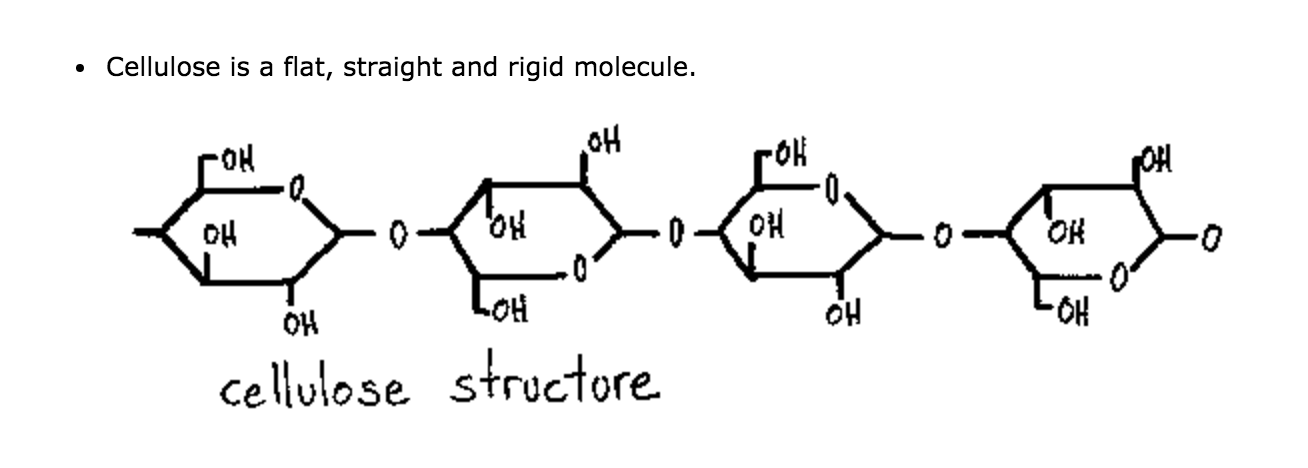Are Brown Leaves Nutritious?
 While talking with parents and students at the Sheldon Science Fair, a woman asked me if brown leaves (or leaf litter - those which have fallen to the ground) were nutritious. That's a tough question when you think about the complexities of nutrition - calories, availability and content of nutrients, etc.
While talking with parents and students at the Sheldon Science Fair, a woman asked me if brown leaves (or leaf litter - those which have fallen to the ground) were nutritious. That's a tough question when you think about the complexities of nutrition - calories, availability and content of nutrients, etc.
The real question is: are they worth eating?
The answer is: not for humans.
When leaves turn brown, many of the most nutritious compounds are being withdrawn for the plant to reuse later. This leaves behind a lot of cellulose and some less "expensive" or less "recyclable" compounds.
The human gut is designed to digest a variety of things, but cellulose is beyond its capabilities. Cellulose is processed as fiber (which is good) but no nutrients are obtained from it. Brown leaves also contain tanins, which are proteins specifically designed to bind digestive enzymes (disabling the way we break down our food), rendering any other nutrients untouchable. Many leaves also contain compounds designed to make insects sick, so consuming brown leaves could actually be bad for you. All and all, it's better to eat a spinach salad than a brown, fallen leaf any day.
If you have a question for a scientist, email us at BasicallyScientist@BasicallyScience.org